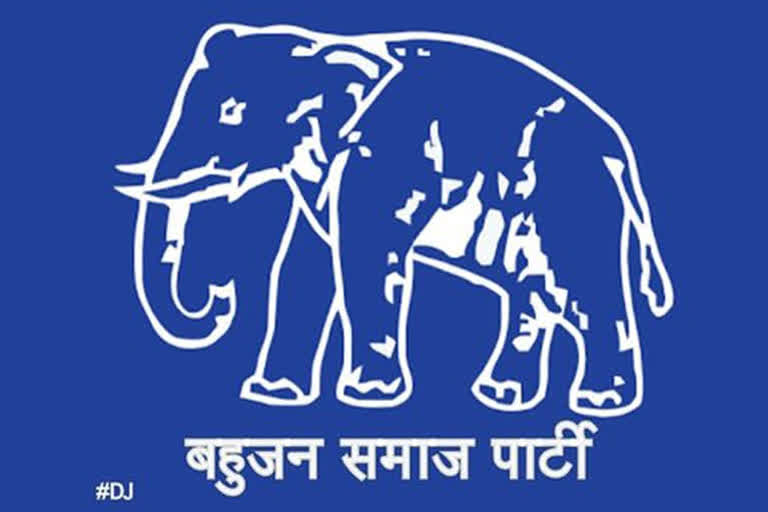New Delhi: From once showing the promise of becoming a dominant player in the bipolar politics of the Congress and the BJP in the national capital, the Bahujan Samajwadi Party has been pushed to the sidelines in recent years with the entry of the Aam Aadmi Party.
The party won two seats in the 2008 assembly polls, bagging 14.05 per cent of votes. This was after the BSP won 206 seats in the 2007 Uttar Pradesh Assembly elections.
The party, which had bagged 1.88 per cent of votes in its debut Delhi Assembly polls in 1993, was, however, unable to build on its 2008 performance and garnered only 1.30 per cent, an all-time low in 2015.
On Monday, the BSP chief addressed a rally in support of 68 candidates in fray for the Delhi Assembly polls as the party seeks to regain lost ground in the February 8 elections.
Formed it 1984, the BSP contested the first assembly polls of Delhi in 1993. It fielded candidates in 55 seats and bagged 1.88 per cent votes.
The party did marginally well in 1998, fielding 40 candidates and garnering 5.76 per cent votes. The party's vote share dropped again to 5.35 per cent in 2013 when it had fielded 69 candidates.
The BSP saw its worst-ever performance in 2015 when it bagged 1.30 per cent of votes and had fielded candidates on all 70 seats.
The party has fared badly in the Uttar Pradesh state polls in 2017 and won 9 out of 80 seats in the 2019 Lok Sabha elections.
Political analyst Sanjay Kumar said the BSP's vote share is likely to dip further.
"The Delhi polls are a two-way contest this time. The BSP and the Congress shared a similar voter base. Now that the AAP has become a dominant player, it has made inroads in the voter base of the Congress and the BSP."
Laxman Singh, the president of the BSP's Delhi unit, however, exuded confidence that the party will better its performance in 2020.
"In 2013, we were on the number 2 position on 5-6 seats and bagged nearly six per cent votes. In 2015, our vote share did go down and people got swayed by the promises made by the AAP but we are confident that we will do better this time," Singh said.
Inputs from PTI
Read:| Doubling farmers income may not be possible by 2022: Pushpendra Singh



